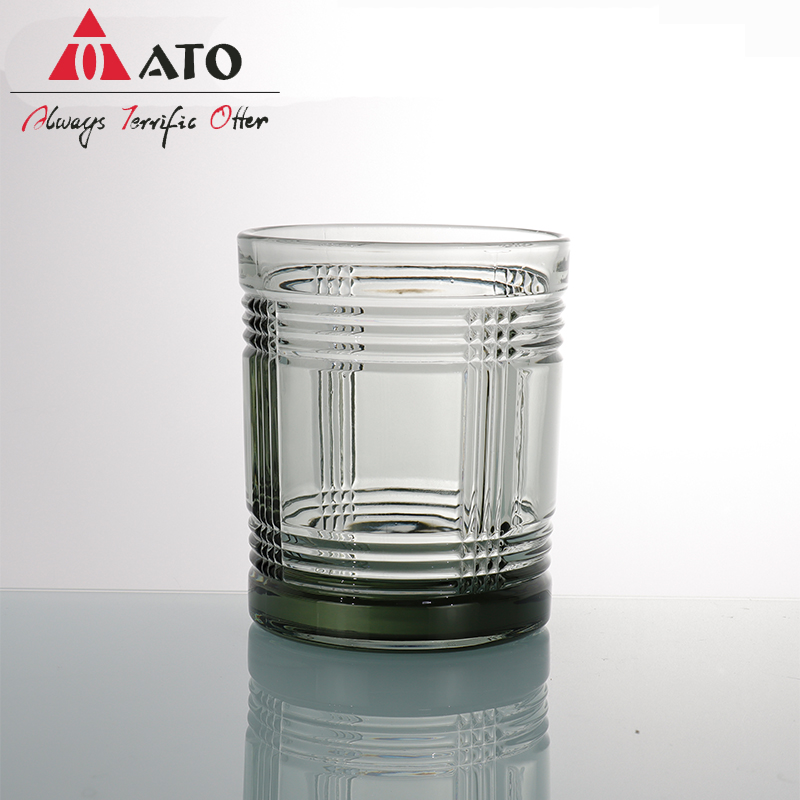Maintaining a cool and comfortable environment is essential for enjoying the summer season. To combat the heat, many homeowners rely on ceiling fans as their go-to cooling solution. These fans are not only energy-efficient and easy to maintain but also offer an aesthetic boost to any space. While they may seem simple, choosing the right ceiling fan involves considering several factors—especially the difference between DC and AC fans.
The main distinction between DC and AC fans lies in the type of current they use. AC fans operate using alternating current, which changes direction periodically, while DC fans run on direct current, which flows in one direction. This fundamental difference affects performance, efficiency, and environmental impact.
When it comes to eco-friendliness, DC fans are generally more favorable. They consume significantly less power than traditional AC fans, often using 50-70% less energy to produce the same airflow. For instance, a 25W DC fan can match the performance of a 100W AC fan. This makes DC fans ideal for both residential and commercial settings, helping reduce electricity bills and minimize environmental impact.
Another important consideration is whether these fans can be powered by solar energy. Solar power is a clean, renewable energy source that produces no greenhouse gases. Both AC and DC fans can be powered by solar panels, but there's a catch. Solar panels generate DC power, which is incompatible with standard AC appliances. Therefore, an inverter is needed to convert DC to AC for AC fans. However, DC fans can be directly connected to solar panels without requiring an inverter, making them a more straightforward option for off-grid or solar-powered systems.
Beyond energy efficiency, DC fans offer several other advantages. They operate at lower voltages, making them safer and more suitable for environments where electrical safety is a concern. They also run quietly due to advanced motor technology, making them ideal for noise-sensitive areas like offices or bedrooms. Additionally, DC fans produce less electromagnetic interference, which is crucial for protecting sensitive electronic equipment. They are also more durable in harsh conditions, such as high humidity or dust exposure, and can be designed to be water-resistant or even fully waterproof.
However, DC fans do have some drawbacks. They can be more expensive upfront, and the control options may be limited compared to AC fans. Also, if you're using a standard AC power supply, you might need an AC-to-DC converter, adding to the complexity and cost.
On the other hand, AC fans are typically cheaper and have more models available on the market. They also offer a wider range of control options, including wall-mounted switches and remote controls. But they tend to be noisier and less energy-efficient, and they generate more electromagnetic interference.
Choosing between AC and DC fans depends on your specific needs. If you're looking for energy savings, quiet operation, and durability, DC fans are the way to go. But if budget and availability are your top priorities, AC fans might be more suitable.
For those interested in eco-friendly options, consider checking out The Fan Studio website today for a wide selection of high-quality, energy-efficient DC fans. Whether you're upgrading your home or setting up a rental property, there's a fan that fits your lifestyle and values.
A wine whiskey glass, also known as a whiskey wine glass or a whiskey tumbler, is a type of glassware designed to enhance the drinking experience of both wine and whiskey. It typically has a wide bowl shape with a shorter stem compared to traditional wine glasses. This design allows for the aromas of the wine or whiskey to be concentrated, while also providing a comfortable grip for holding the glass.

Wine Whiskey Glass
Xi'an ATO International Co., Ltd , https://www.ato2008.com